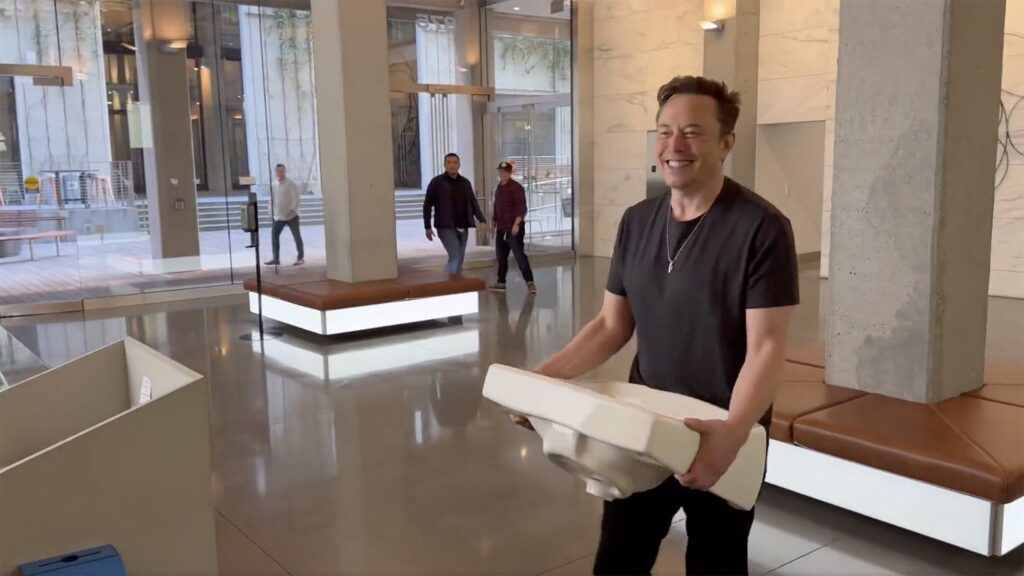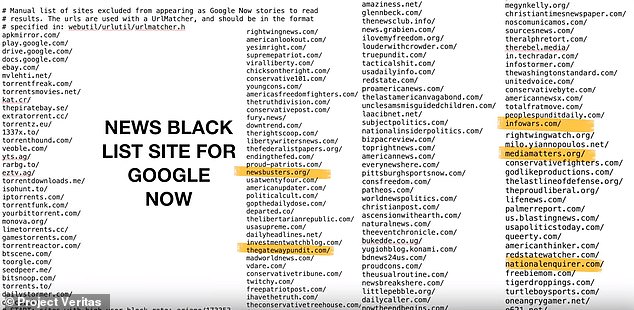The Google Files, Part I
Like many of you, I cheered when Elon Musk walked into Twitter headquarters with his sink, and then I cheered a little more when he granted Matt Taibi, Bari Weiss, Michael Shellenberger, Lee Fang, and David Zweig access to internal Twitter files and correspondence. If you’re not familiar with The Twitter Files, I’ve published a synopsis of the history of them here in a format that is a thousand times better than what you’ll find on Wikipedia (which itself is clearly compromised).

It showed that Musk was serious about free speech. And it showed that he genuinely wanted, like the rest of us, to understand what happened to Twitter. Twitter was supposed to be the true “battlefield of ideas”. But over the years, it clearly devolved into a place where wrongthink was to be rooted out and destroyed.
Freedom of Speech and Twitter/X
Let’s talk a little about freedom of speech. The most tiring thing I hear people say when talking about freedom of speech in the context of social media sites is “that only applies to government. Private companies can do whatever they want.”
This is, of course, true. It also completely misses the point.
Yes, the First Amendment applies to Congress, not private companies. And no, Congress never “passed a law” forcing Twitter or any other private company to infringe on citizens’ rights.
But the point is this. In the 21st century, where do American citizens go to speak? Or for that matter, to practice their religion, to connect with others, to read and publish news, and to complain to their government?
They come to Twitter (as well as Google, and Facebook, and YouTube).
And based on the Twitter Files, did the incestuous relationship between government officials, NGOs, Twitter executives, and Twitter employees result in your and my ability to do all of these things on Twitter?
Absolutely.
I started using Twitter in its early years. Around 2019, accounts like Milo Yiannopoulos and Alex Jones started getting banned. I was never a fan of either of them, but I had an uncomfortable feeling. Sure enough, in 2021, the sitting President of the United States was banned, followed by a wave of accounts that I was a fan of, including The Babylon Bee and Dr. Jordan Peterson. The bans were one thing, but the worst thing was the chorus that cheered, like hysterical people at a lynching, the silencing of these voices, followed by slander of the voices they killed (anyone who thinks that either the Babylon Bee or Dr. Peterson would harm a fly has never read nor heard more than 10 seconds from either of them).
Which is why the world owes a huge debt of thanks to Elon Musk. When you look at the pantheon of social media sites, they’ve all fallen. TikTok and Quora are under the control of the Chinese Communist Party. Facebook, Wikipedia, Reddit, and Nextdoor are wholly controlled by the far progressive Left.
When Twitter became X, it broke free.
I won’t say that free speech is completely back at Twitter. Elon Musk is still trying to figure it out. His invocation of pithy but ultimately toothless phrases like “freedom of speech, not reach” completely misses the point (without reach, there is no speech). But I respect that he is open to hearing all sides, and not violently shutting down anyone that disagrees with him.
What about Google?
As of November 2022, Twitter had 260 million daily active users, and this was after taking steps to terminate fake accounts.
That’s a lot of people.
Every DAY, Google handles 8.5 BILLION searches. That means that every 44 minutes, Google is serving up information to the same number of people that Twitter does in an entire day.
That’s a hell of a lot of people.
And yet in all these discussions of influence the private companies have over public opinion we hear a lot about Facebook and Twitter, but we never hear about Google?
Why?
It’s simple. People don’t understand Google. Google has done an amazing job in the last 25 years of painting themselves as a black box you just trust. It’s like going to see the doctor. Most people want to get the answer to what’s ailing them. They don’t want to go through medical school themselves, they trust that the doctor has done that. And similarly, people just trust that when you type something into Google, what you get back is the best answer.
This works great when you’re looking for a local pizza joint, or shopping for the best smartphone, or are planning a trip, or want to read up on your favorite celebrity.
Where it gets a little dicey is when you Google a topic or question that SOMEONE wants you to form a certain opinion about. Who should I vote for in next year’s Presidential election? Is it safe to give my child the COVID vaccine? Was the riot on the Capitol on January 6, 2021 really an insurrection or was it just a protest gone awry? And if the latter, how did it go awry?
Not coincidentally, these are the same subjects that came up in the Twitter Files.
And so the #1 question you should ask before typing anything into Google is: are Google’s results really unbiased? Or as we found with Twitter, does someone in Mountain View or Washington have their fingers on the scales? And is this having an influence on how we think, 8.5 billion of us at a time?
Will We Ever See “The Google Files”?
Of course, we’ll never know these answers until Sundar Pichai follows Elon Musk and releases the internal documents at Google to journalists. You can plan on that along with your ski trip to the abode of the damned.
There have been a lot of individuals who have tried to sound the alarm of how Google manipulates search results to push certain narratives. I talk about them in this post.
But what if I were to tell you that there IS a way to see—more clearly than any internal document—how Google has influenced search results over the last decade?
Here’s a taste of what you’ll see in Part 2 of “The Google Files”.







